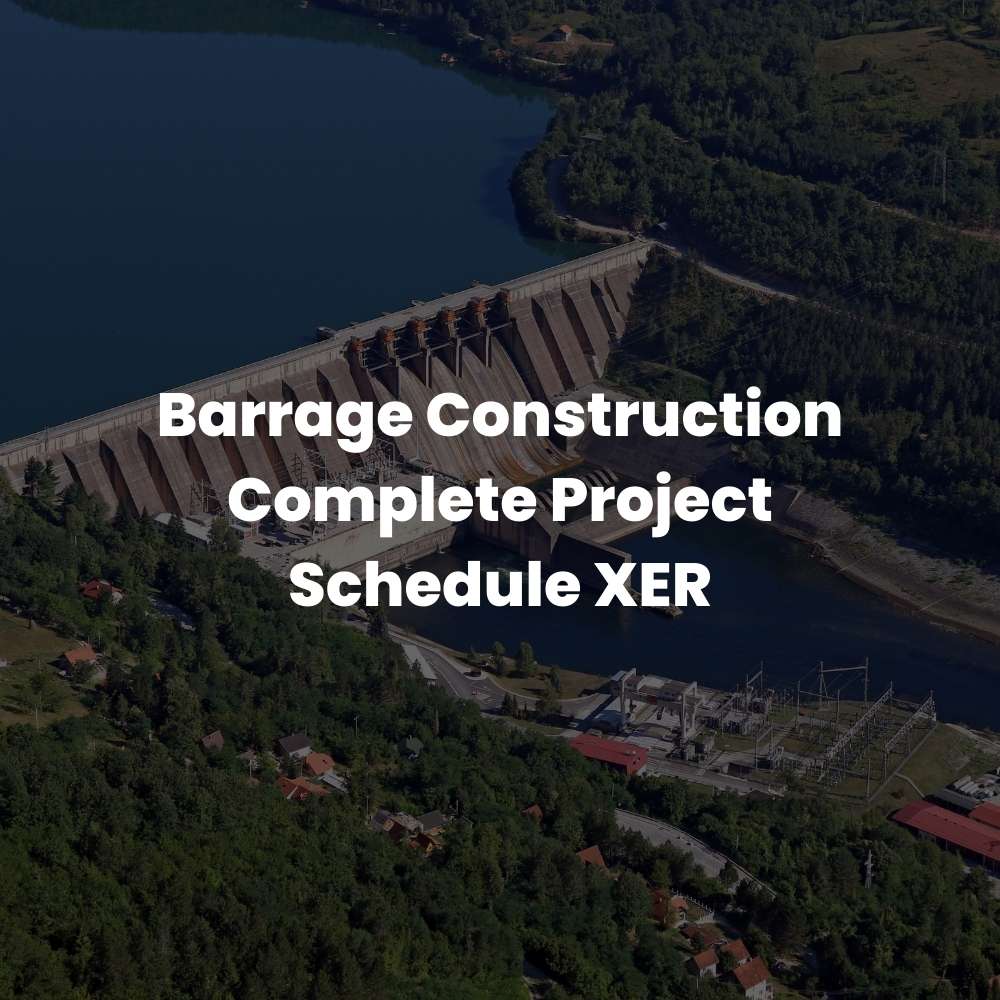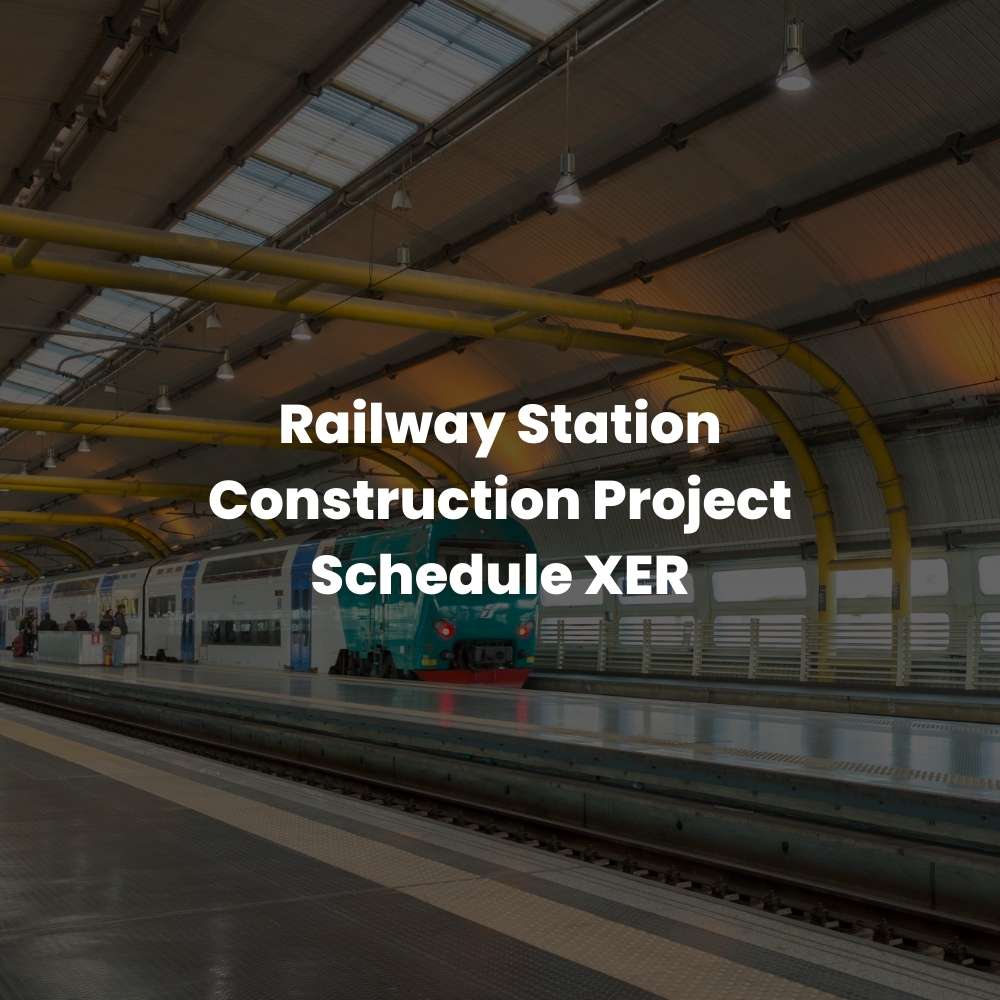
Introduction
Civil work refers to an arrangement of activities such as construction and engineering that improves the infrastructure of a town, city, or metropolitan area. The term “civil work” is especially used in reference to physical changes in the area’s infrastructures, such as roads and bridges.
What Constitutes Civil Work?
Civil work is a broad term that encompasses the planning, design, and construction of civil engineering projects. Civil engineers are responsible for everything from building roads to designing bridges to constructing dams.
Civil engineers working in the field of civil construction oversee these projects by managing budgets, overseeing construction schedules and hiring contractors. They also may work with architects or other designers on specific projects.
The job description of a civil engineer may vary depending on what they specialize in (such as structural or mechanical engineering), but generally speaking they:
- Plan and design structures such as buildings, airports, or roads
- Manage the construction process to ensure completion within budget goals
Civil Engineer’s Role in Construction Projects
Civil engineers are responsible for the design and construction of most of the infrastructure that makes our world work. Civil engineers are also involved in building structures like buildings and bridges, as well as designing and constructing roadways, water supply systems, wastewater treatment systems, irrigation projects, and other public works.
Civil engineers are trained to be proficient in mathematics, science, engineering principles, and design methods so they can solve problems related to construction projects. They use computer-aided design software to create drawings that show how each part will look once it’s built or installed.
Challenges Faced by Civil Engineers During Construction Projects
Civil engineers face a number of challenges during the construction phase of a project. These can range from managing their time to managing their team, but are often related to budgeting and scheduling. There are many things you can do as an individual civil engineer to overcome these challenges and be a good team member and leader.
Here’s how you can be a good civil engineer:
- Manage your work effectively so that it gets done on time, within budget, and meets quality standards;
- Learn how to write scope-of-work documents for construction projects;
- Develop effective communication skills with team members;
- Work well with others on projects where there are multiple disciplines involved (like architecture or landscaping).
Learn about the many aspects of construction civil work and what you need to know about them.
Civil engineering is a broad discipline that’s concerned with the design, construction, maintenance, and operation of structures within complex environments. Civil engineers are responsible for ensuring that constructions meet safety and quality standards while also considering costs and sustainability issues.
A civil engineer will conduct feasibility studies to determine whether a project should be undertaken at all. If it is deemed feasible, they’ll design an appropriate solution based on factors such as technical limitations, environmental concerns, and cost constraints.
Once the design has been approved by regulators or authorities responsible for approving new infrastructure projects (e.g., city council), construction can begin on site. During this phase of the project lifecycle, civil engineers oversee all aspects of physical planning including surveying land areas required for construction sites; acquiring rights-of-way from landowners; identifying locations where materials must be transported or stored; installing utilities like sewers or power lines needed for ongoing operation after completion; managing traffic flow during peak periods when multiple crews are working simultaneously on separate parts of large projects (e.g., highways).
Conclusion
Knowing the ins and outs of construction civil work can help you understand what goes into your project. Even if you’re not a professional in the field, having an understanding of this topic will make it easier for you to communicate with those who are involved onsite.
Leave a Reply
You must be logged in to post a comment.


























































